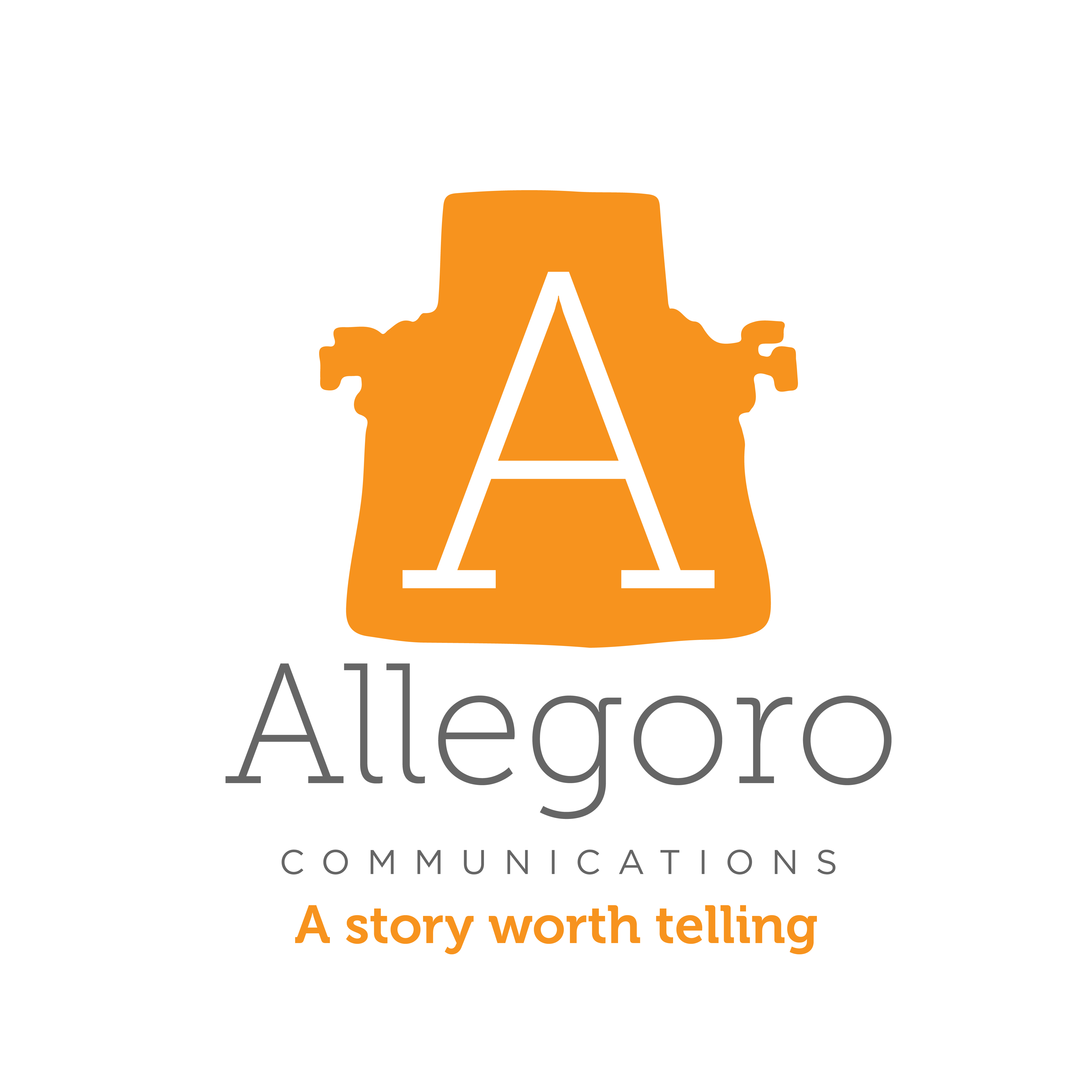
02 Jun Grant-ed: Part 2 – The BIG 3
Photo source: www.yourcapitaledge.com
In part 1 of this series, we provided an overview of Canadian grants in general. We specifically addressed questions such as, what kinds of funding sources fall under grants, what are the types of grants (i.e. what are the different ways by which grants may be classified), and why is the grant application process challenging.
As mentioned in part 1, there are thousands of grants available based on the funding source and the sector or need. As such, one of the initial challenges in the grant writing process is sifting through the thousands of available grants, and finding the right grant that not only addresses your requirement but also addresses the grant funding agency’s mandate. Here, we will explore some of the government grant sources with a focus on academia and industry.
The BIG 3
All good things come in their three’s, and the government is no exception to this. The three main federal funding agencies, collectively known as the “Tri-Council”, are the Natural Sciences and Engineering Research Council of Canada (NSERC), the Social Sciences and Humanities Research Council of Canada (SSHRC), and the Canadian Institutes of Health Research (CIHR).
NSERC’s mandate is to promote and assist research in the natural sciences and engineering disciplines with the goal of enhancing scientific discovery and technological innovation in Canada through research. Within this broad goal, a wide variety of grants are available through different NSERC programs for supporting (a) postdoctoral fellows and postsecondary students, (b) institutions and colleges, © professors on research projects, and (d) industry. Some grants support only research, while some grants support academia and industry collaborative partnerships fostering the translation of research in a university lab to innovative product development for an industry partner. These grants also differ based on the nature and scope of the research projects (i.e. duration, project impact, stage of application development etc.). NSERC also provides grants in the form of awards to individual researchers for research excellence.
Like NSERC, SSHRC promotes and assists post-secondary research, but in the areas of humanities and social sciences. SSHRC’s focus is more on generating and nurturing talent, and building good ecosystems and communities for a better Canada. SSHRC offers funding opportunities through three programs aimed at (1) supporting and training students and postdoctoral fellows, (2) building knowledge and understanding about people, societies, and the world, and (3) facilitating the flow and exchange of research knowledge.
CIHR, as the name suggests, funds health research in Canada. It provides grants in areas that fall under any of four themes: (1) biomedical research, (2) clinical research, (3) research pertaining to health systems and services, and (4) research concerning the social, cultural, and environmental factors that affect the health of populations. CIHR offers funding to independent researchers (e.g. university professors), universities, health care institutions (teaching hospitals), voluntary health sector organizations, research institutes, and companies.
In essence, if scientific research is a major component of the day-to-day activities of your business, the tri-council would be one of the first places to look for potential grant funding. It cannot be overstated that the application process is stringent, competitive, and requires considerable amount of time to be spent on researching the requirements of a particular grant offered by the government agency. Grant applications go through an intense peer review process by a panel of experienced experts who can separate facts from embellishments with ease. Therefore, a good approach is to look for a grant that suits your business needs as opposed to adapting your business (on paper) to suit the grant’s specific requirements. This does not mean that every aspect of your business should satisfy the grant agency’s mandate. Grant applications require convincing the agency about your suitability by carefully highlighting specific aspects of your business that are more relevant for that grant. A professional writer through his or her experience can help with the process of identifying a suitable grant that you are eligible for, researching the grant’s requirements, and catering your application to satisfy those requirements.
Happy Grant Hunting!
by: Naresh Vempala (Founder & Partner) & Sohini Bhattacharya (Co-Founder & Managing Partner), Allegoro Communications



Sorry, the comment form is closed at this time.